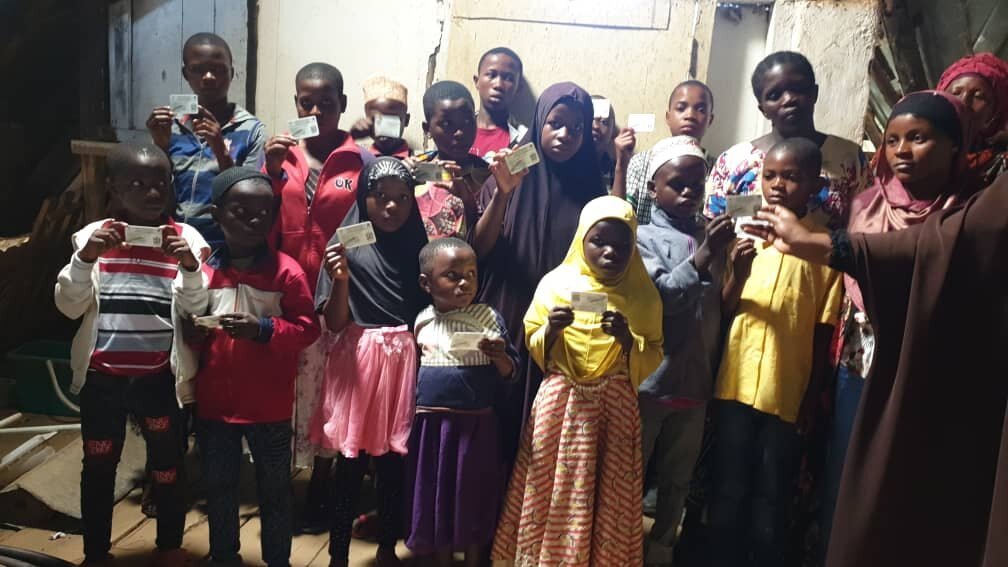
WORKING TOWARDS A KINDER, FAIRER WORLD FOR EVERYONE
-

Togetherness
We believe in working with people rather than for people. This is reflected in our Swahili motto: PAMOJA TUNAWEZA – together we can.
In addition, when we approach a village, school, or health clinic offering our support, we are first and foremost interested in what their priorities are. Increasingly, as our reputation spreads, institutions take the initiative and independently reach out to us to express their specific needs.
Once priorities are established, the question then becomes: how can we work together on this project?
-

Working Together
We believe that it is important that aid not diminish the recipients’ dignity. Thus, we do our best to ensure a sense of ownership, and that responsibility is shared by all participants. For example, in projects that we undertake in a village, we will ask for suggestions as to what the village contribution may be. If, for example, we are building a school toilet , the village contribution may take the form of supplying sand, bricks or gravel. Or, it we are bringing water to a village, the most obvious contribution will be for the villagers to dig the ditches and bury the pipes. It is all about the art of the possible. And what is almost always possible is a contribution of labour and local materials.
There are projects where to ask for a village contribution would be unrealistic. For example, if we are purchasing Health Clinic equipment, we would never consider asking the village for money to purchase such equipment. We are, after all, operating in an environment where money is scarce and needs to be spent on personal nutrition and family survival.
-

Frugality
We go to great lengths to maximise the value we receive for our money.
It is often the case that local suppliers and tradesmen think that an NGO has money ready for the taking. Thus, the temptation to increase prices and other remunerations during budget creation is often irresistible.
Through experience, we have learnt to counteract this, perhaps, understandable human tendency. We now have model budgets for those projects that are repetitive. And, we continually compare suppliers' prices for quality and value. Buying locally, where competition is scarce to non-existent, is mostly not in our interest of frugality. But we do, where possible, employ local tradesmen - thus supporting the local economy.
Another aspect of payments worth mentioning: we always pay people directly for their services to our cause. The reality of this policy is that we never give anyone money to pay someone else. When we buy materials and equipment we pay the supplier directly ourselver. When we employ labour, we pay each labourer individually, cash in hand. To do otherwise, to hand over money to committees, elected officials, or worksite bosses, is to tempt people into corruption and we do not wish to tempt anyone.
-

Impact
Impact is the sole masurement of our success.
Our impact must be, by our definition, physical and meaningful. It is mostly statistically measurable because it is physical – whether a menstrual kit, a toilet, a flowing water tap, a bed in a health clinic, a child’s weight improving, or a solar panel.
It is admittedly sometimes difficult to statistically measure the impact on people into the future. For example, we cannot exactly know what will be the future reduction in child and maternal morbidity because of the existence of solar lighting in the delivery room of the health clinic. Or, how will future possibilities change for a girl who no longer has to miss school during her menstruation? Or, how many children will avoid sickness because they have clean hygienic toilets at school? But we can logically surmise that, in all these cases, the impact will be positive and significant. That is our only goal.
